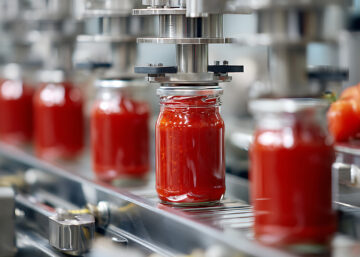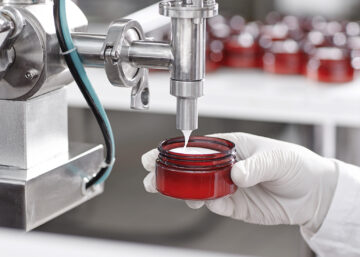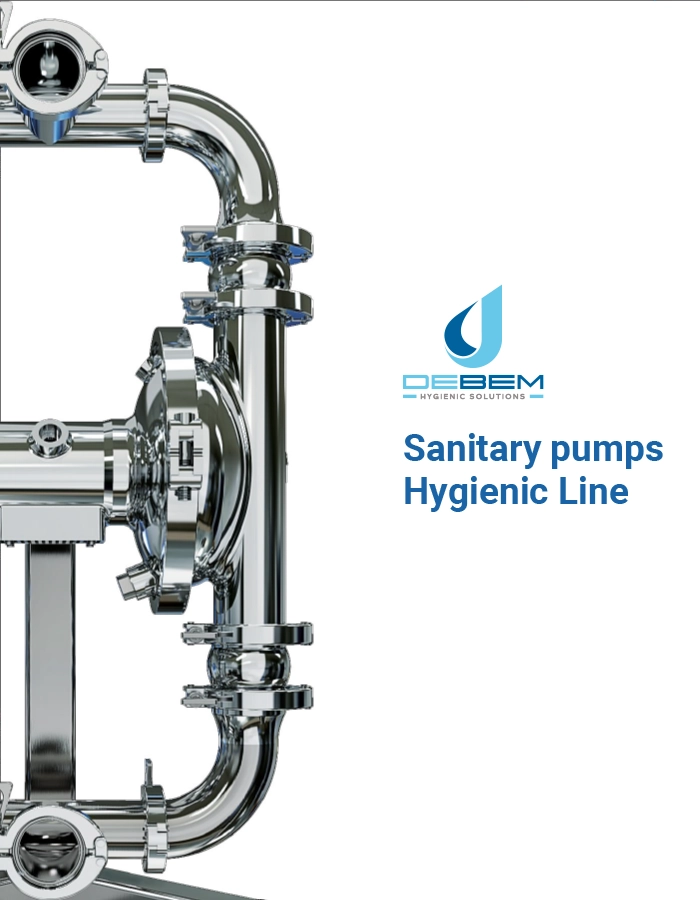Sanitary Pumps: what are they and where can they be used?
When we talk about hygienic pumps, we refer to industrial sectors where important hygienic and sanitary requirements are required. In these sectors, the cleanliness factor becomes a critical issue to be handled with the utmost care both to preserve production processes and to protect the surrounding environment and the health of workers. For this reason, companies employed within the food, chemical and pharmaceutical manufacturing sectors need equipment and facilities that can meet even the most stringent regulatory hygiene requirements.
What are sanitary pumps?
Sanitary or hygienic pumps are special pumping equipment constructed of mechanically polished steel materials (e.g., AISI 316 L) that ensure constant sanitation and are free of dead zones or anchor caps, a factor that prevents the accumulation of bacteria and impurities. Hygienic pumps are capable of conveying high and low viscosity substances with minimal shear effect while also ensuring product quality at all times in compliance with various MOCA, FDA, and 3A health regulations.
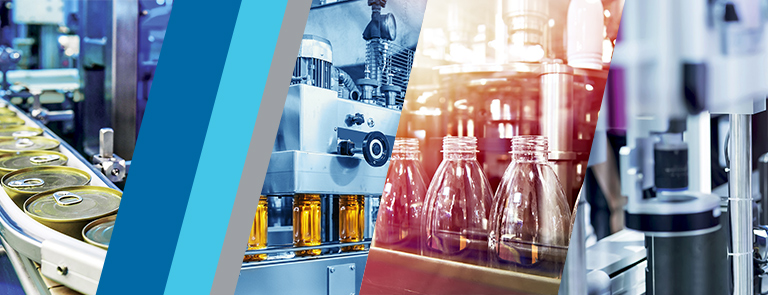
What are the advantages of a hygienic pump?
The advantages of a hygienic pump allow safe and reliable use within the most critical production sectors. The main advantages are as follows:
- Mechanically polished steel materials: they ensure constant hygiene and cleanliness, allow fluids to flow in a suitable manner avoiding accumulation, and are certified according to the main sanitary regulations.
- Application versatility: the design features of these pumps allow use within a variety of sectors: food, beverage, chemical, pharmaceutical and trichological industries.
- Ease of maintenance: the special design features allow savings on maintenance activities. For example, Debem hygienic pumps are equipped with a patented pneumatic anti-stall exchanger that provides superior performance with reduced consumption and makes maintenance operations easier.
- Safety in transporting fluids: the pumps are suitable for transporting a high type of fluids. The presence of special eccentric valves, provided in Debem hygienic pumps, allows the passage of suspended solid elements within the fluids.
- Sanitary certifications: hygienic pumps are usually certified according to the main industry regulations: FDA, 3A and MOCA.
- Readiness for sanitation activities: the pumps are equipped with a rapid emptying system that makes them suitable for all Clean in Place processes normally handled within this type of plant.
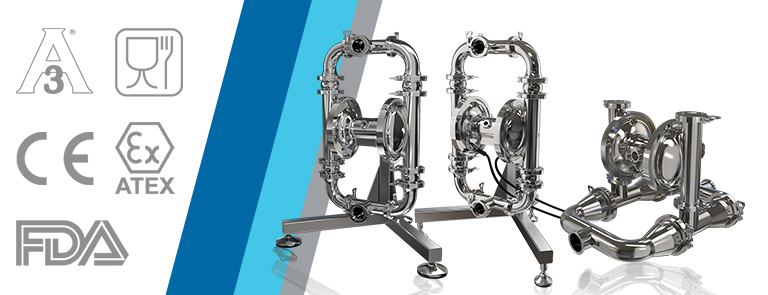
What are the application processes of a sanitary pump?
Hygienic pumps can be used within a wide range of applications. The main application processes are as follows:
- handling of ingredients and semi-finished products in the food industry (concentrates, creams, oils, seasonings, jellies, purees, sauces, dried fruits.
- transfer, filtration, purification and pumping of liquids within the beverage industry (extracts, syrups, juices, concentrates, pulps, distillates, water, etc.)
- movements of ingredients, semi-finished products, waste within the meat and poultry production sector (legs, gizzards, livers, viscera, wings, shredded meat, thighs, etc.)
- liquid handling within the cosmetics sector (conditioners, creams, soaps, toothpaste, lotions, etc.)
- substance and fluid handling within the pharmaceutical sector (alcohols, hydroxides, salt solutions, collagens, ointments, gelatins, plasmas, isopropyls, etc.)
- Fluid transfers within trichological industry applications (lotions, essences oils and water).
Debem's sanitary pumps
Debem, within its assortment, has a wide range of hygienic double diaphragm pumps that includes the Aisiboxer line of pneumatic double diaphragm positive displacement pumps for the food and beverage sectors, the Saniboxer dedicated to the pharmaceutical and cosmetic sectors, and the Aisiflow a positive displacement pump equipped with special clapet valves suitable for the food production sector.
Debem’s wide range of solutions enables the company to respond efficiently and versatility to all implementation needs requiring the use of hygienic pumps.




